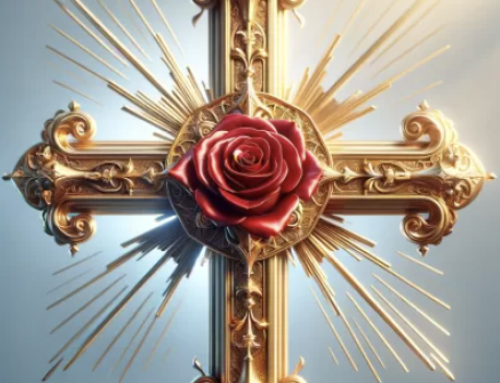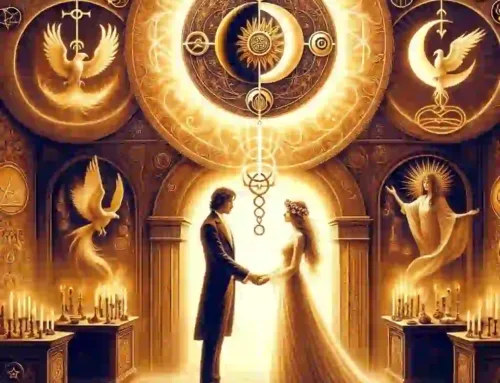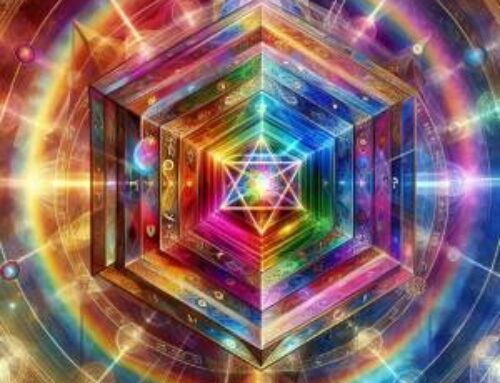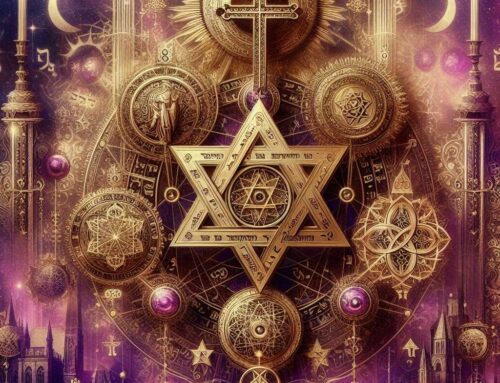Contents
- 1 Introduction to “Are Rosicrucians Christian?”
- 2 Historical Context and Origins
- 3 Theological Comparisons Between Rosicrucian and Christian Doctrines
- 4 Christ Consciousness in Rosicrucianism
- 5 Rosicrucian Rituals and Christian Sacraments
- 6 Rosicrucianism’s Role in Christian Mysticism
- 7 Personal Transcendence over Institutional Doctrine
- 8 Conclusion
- 9 Embark on a Journey of Spiritual Discovery with the Hermetic Academy
- 10 FAQ “Are Rosicrucians Christian?”
Introduction to “Are Rosicrucians Christian?”
Delving into the heart of the matter concerning Rosicrucians and their relationship to Christianity is not a mere exploration of religious labels but a profound investigation into the essence of spiritual identity. The Rosicrucian movement, emerging in the 17th century, has been both intertwined with and distinct from Christian doctrine throughout its existence. Within its complex tapestry of symbols, rituals, and teachings lies a wealth of perspectives that both align with and transcend traditional Christian thought. The question “Are Rosicrucians Christian?” is akin to asking whether a gemstone belongs to the earth from which it was mined or to the light that reveals its facets. Rosicrucians, with their rich allegories and emphasis on inner knowledge, have often been seen as spiritual alchemists—their Christ not confined to religious orthodoxy but representing a universal archetype of divine awakening. As we embark on this quest to uncover the nuanced relationship between Rosicrucian philosophy and Christianity, we may find that it is not a matter of being but of becoming—a journey toward enlightenment that reverberates with the teachings of Christ yet stretches into the realm of the universal and the timeless.
Historical Context and Origins
Exploring whether Rosicrucians are Christian in the historical context reveals the Rosicrucian Order’s first appearance in the form of manifestos that circulated in Europe during the 17th century. These texts, while mystical in nature, were laced with Christian symbols and references to Christ, suggesting a Christian influence or origin. Early Rosicrucians positioned themselves as part of a universal reformation of mankind, hinting at a kinship with the Christian Reformation. They aimed to restore the lost wisdom of antiquity, which they believed was aligned with the true essence of Christianity. The dual nature of Rosicrucianism is evident as while Rosicrucians used Christian references, their philosophy was also deeply rooted in Hermeticism, alchemy, and other mystical traditions. This blend of influences makes it challenging to categorize them strictly within Christian confines.
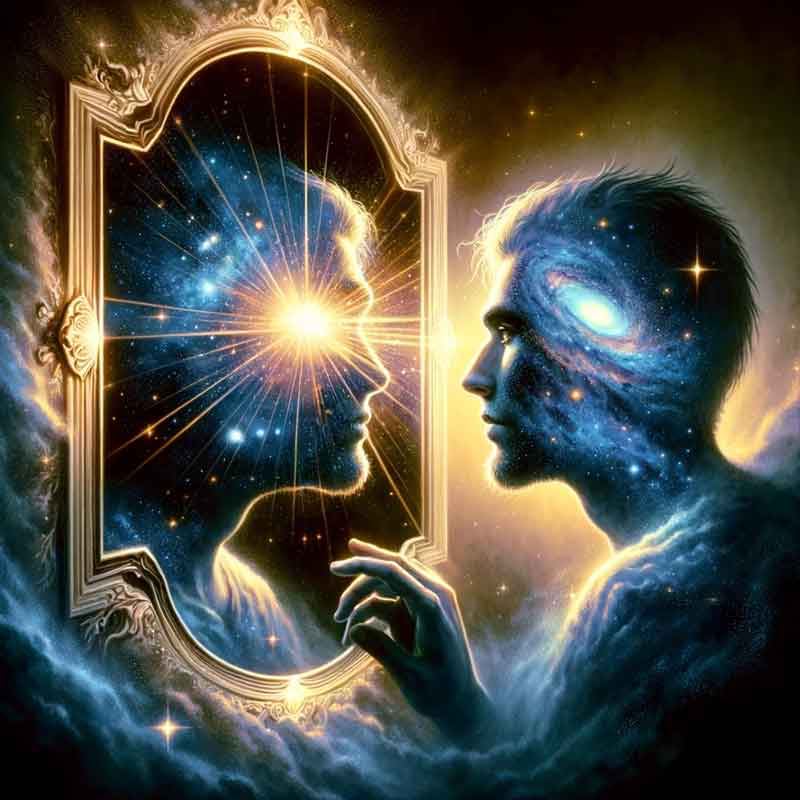
Theological Comparisons Between Rosicrucian and Christian Doctrines
When considering if Rosicrucians are Christian from a theological standpoint, we observe that Rosicrucian teachings encompass a variety of spiritual beliefs and practices that draw from several traditions, including Christianity. However, their interpretation of Christ and the scriptures may diverge from traditional Christian views. Rosicrucians often adopt a mystical interpretation of the Bible, seeing it as a source of hidden wisdom rather than a literal historical account. In Rosicrucianism, the figure of Christ is viewed as a symbol of the Higher Self or the divine potential within each individual, rather than exclusively as the historical Jesus of Nazareth.
Christ Consciousness in Rosicrucianism
To address “Are Rosicrucians Christian?” in terms of Christ consciousness, we see that Rosicrucianism holds that Christ represents an archetype of divine awakening and spiritual rebirth that individuals can attain. This concept, known as Christ Consciousness, is an exalted state of being that transcends religious affiliation, including Christianity. While not adhering to the conventional Christian view of Jesus, Rosicrucians respect Christ as a profound spiritual teacher whose life and teachings provide valuable lessons for personal transformation and enlightenment. The path to attaining Christ Consciousness in Rosicrucianism involves deep meditation, introspection, and the practice of rituals designed to align the practitioner with higher spiritual frequencies.
Rosicrucian Rituals and Christian Sacraments
The inquiry into “Are Rosicrucians Christian?” extends to their rituals, which utilize symbols and practices that may draw from or resemble Christian sacraments. However, the intention behind these rituals is focused on esoteric principles and inner alchemy. Many Rosicrucian rituals bear symbolic resonance with Christian sacraments, for instance, the theme of death and rebirth, symbolizing the soul’s journey towards enlightenment and union with the divine.
Rosicrucianism’s Role in Christian Mysticism
Are Rosicrucians Christian within the scope of Christian mysticism? Rosicrucianism has contributed significantly to the rich tapestry of Christian mysticism by bridging ancient wisdom and esoteric practices with Christian thought. Christian mystics and Rosicrucians share a common quest for divine knowledge and an experience of God beyond the literal interpretation of scriptures. The mystical aspect of Christianity influenced by Rosicrucian thought often embraces practices such as meditation, prayer, and contemplation to achieve an experiential knowledge of God.
Personal Transcendence over Institutional Doctrine
Rosicrucianism emphasizes personal transcendence and spiritual sovereignty, encouraging individuals to seek direct experiences of the divine rather than relying solely on institutionalized doctrine. This self-directed approach to spirituality is in contrast with mainstream Christian emphasis on church authority. The Rosicrucian concept of the “inner church” refers to a spiritual state of consciousness where one can commune with the divine directly, without intermediaries.
Conclusion
In conclusion, exploring the question “Are Rosicrucians Christian?” uncovers a complex relationship where Rosicrucianism intersects with, diverges from, and enriches Christian spirituality. Despite its distinct practices and broader spiritual outlook, Rosicrucianism holds a reverence for Christ consciousness and adopts a universal approach to spirituality that harmonizes with the mystical pursuit of divine union at the heart of Christian mysticism.
Embark on a Journey of Spiritual Discovery with the Hermetic Academy
At the Hermetic Academy, we recognize the sacred thread that weaves through all spiritual traditions. If your soul resonates with the teachings of Christ and yearns for a deeper mystical understanding of spirituality, we invite you to explore the path of Rosicrucianism. Join us in transcending the boundaries of conventional doctrine and discovering a spirituality that is both deeply rooted and expansively cosmic. Whether you identify as a Christian seeking esoteric knowledge or as a spiritual seeker drawn to the wisdom of Christ, the Hermetic Academy offers a harmonious blend of teachings that honor your unique path.
FAQ “Are Rosicrucians Christian?”
Do Rosicrucians identify as Christians?
Rosicrucians generally see themselves as spiritual seekers who respect Christian symbols and teachings but do not fit strictly within the orthodox Christian framework due to their broader spiritual practices.
What is Christ consciousness in Rosicrucian belief?
In Rosicrucianism, Christ consciousness represents an enlightened state of being that symbolizes universal love, divine wisdom, and spiritual awakening, which is achievable by all individuals.
How do Rosicrucians view the Bible?
Rosicrucians interpret the Bible allegorically, seeking deeper esoteric meanings that relate to inner spiritual transformation rather than literal historical events.
Do Rosicrucian practices align with Christian sacraments?
Some Rosicrucian practices may resemble Christian sacraments in form and use of symbolism, but their intentions and underlying philosophies are centered on esoteric and hermetic principles.
Can someone be both a practicing Christian and a Rosicrucian?
It is possible for individuals to blend their Christian faith with Rosicrucian practices as both paths seek to understand and experience the divine, albeit through different methodologies.

